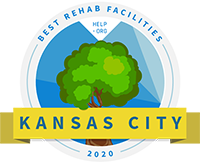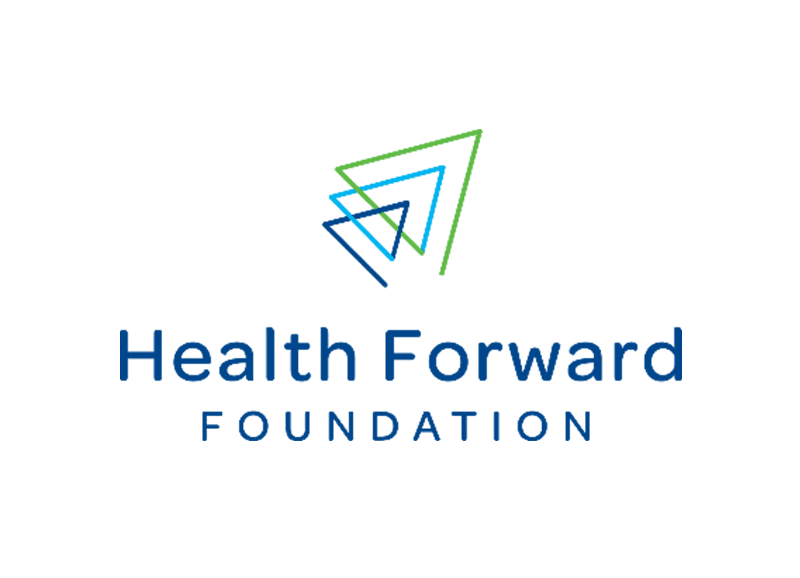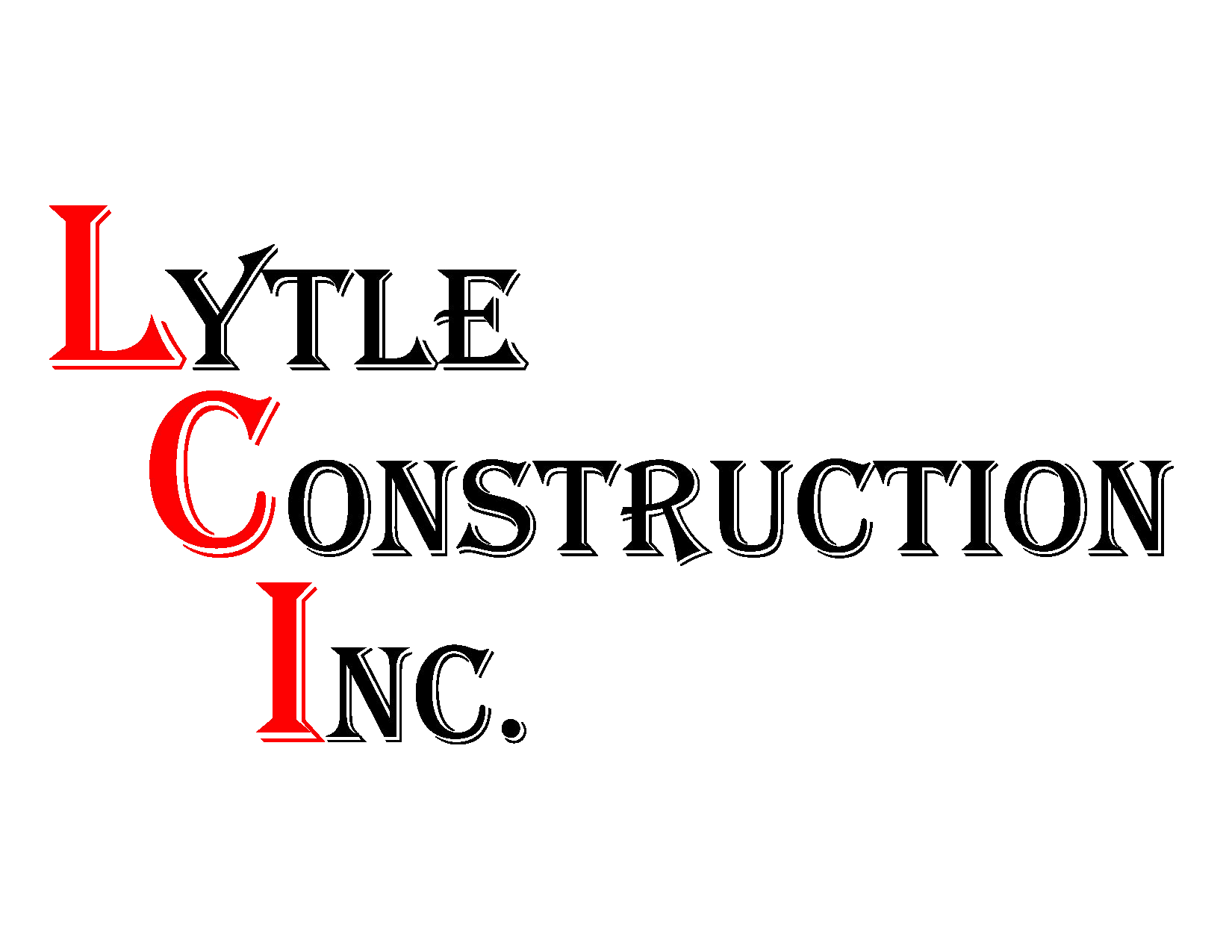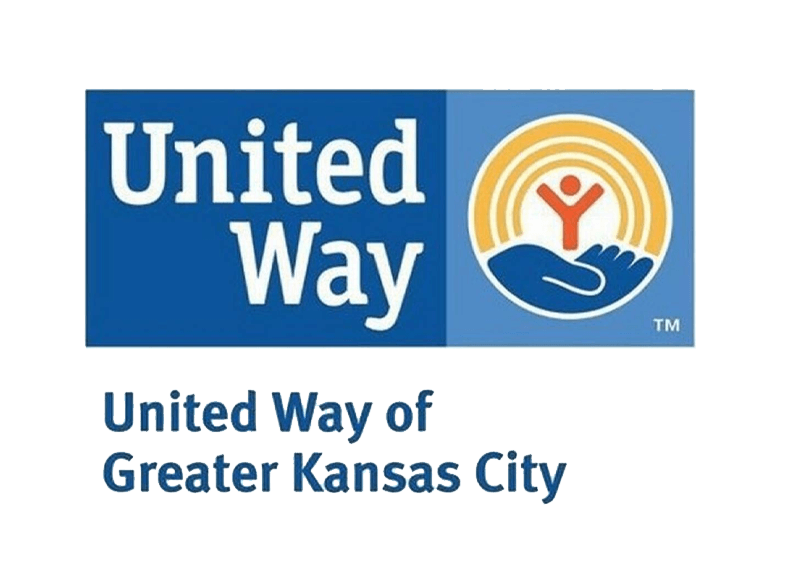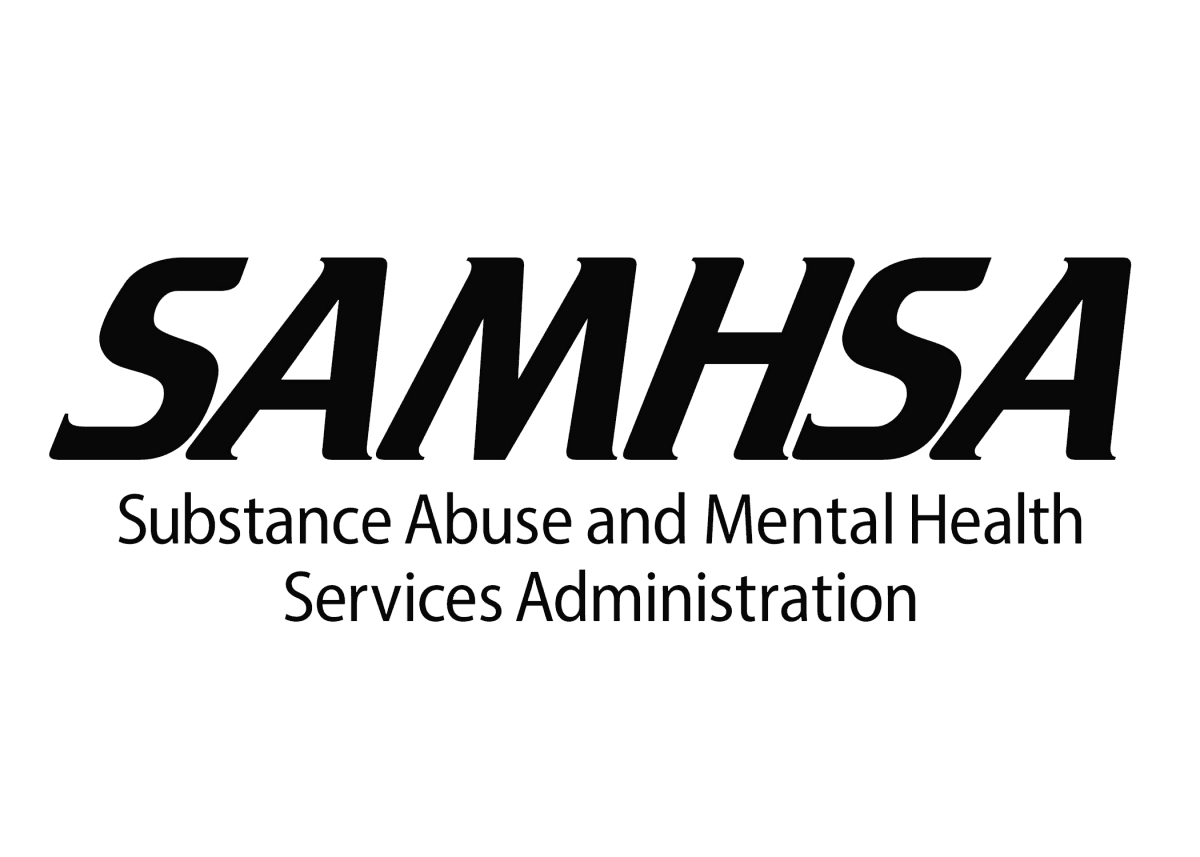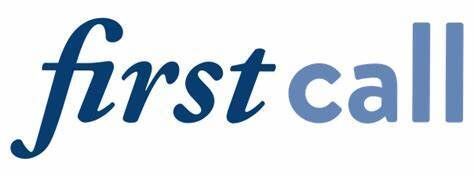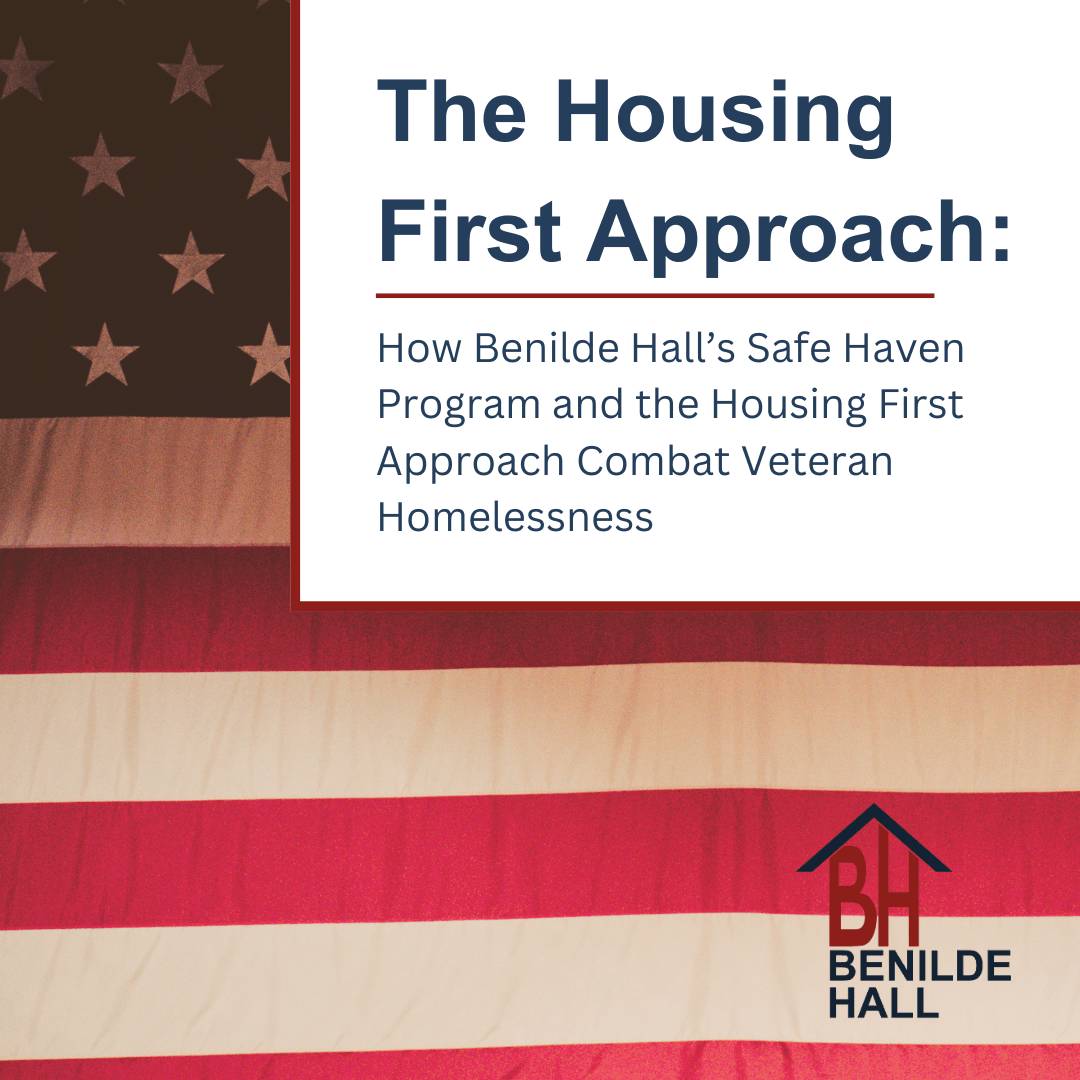
Before the 1990s, the role of securing permanent housing in VA-funded programs across the country could be described as a ‘reward’ for unhoused Veterans. Clients were often only given access to resources for housing after they had recovered from substance use disorder and had learned to manage mental health challenges. Housing First recovery models, which became the VA’s official policy in 2012, instead use housing as a tool to help support individuals during their recovery journey.
Benilde Hall’s Safe Haven utilizes key principles that make the Housing First approach so effective. The program is ideal for Veterans who have been resistant to previous, more demanding treatment programs. The goal is to encourage safer and decreased use of substances, but abstinence is not a requirement. Safe Haven focuses on harm reduction and assisting Veterans in their transition to permanent housing without requiring them to complete a treatment program.
Benilde Hall’s Safe Haven program is one of only 24 programs currently operating in the United States. There are 22 total beds, with two individual rooms reserved for female Veterans. Aligning with the national performance measures for Safe Haven programs across the country, 55% of Safe Haven Veterans are discharged into permanent housing. Before the Housing First approach, these Veterans would have likely struggled to find assistance and remained on the streets or in and out of shelters. With the introduction of Safe Haven programs, we’re able to put more Veterans in permanent housing and prioritize safety and harm reduction like never before.
While the primary goal of Safe Haven is to secure permanent housing, treatment for Substance Use and mental health counseling is made accessible through partnership with the VA.
Erin Fraser, Benilde Hall’s Executive Director, describes the relationship between Safe Haven Veterans and the VA, “Veterans strengthen their connection with the VA through coordinated care between the Safe Haven VA liaison and Safe Haven staff. Safe Haven’s Clinical Director and Case Manager work collaboratively with Veterans to identify additional goals, such as education, financial, and employment.”
Many of the Veterans who are admitted into Safe Haven have experienced severe trauma, chronic homelessness, substance use, and mental health challenges that make traditional treatment engagement difficult. “Safe Haven provides low-barrier, person-centered support,” Erin says, “that allows Veterans to build trust at their own pace.”
There is often a misconception that Veterans in Safe Haven programs are not interested in engaging with treatment or simply don’t want to enter permanent housing. Erin says this isn’t the case, “Many Veterans do want stability, but require trauma-informed, long-term support to navigate that transition successfully.”
Since the VA introduced efforts to expand Veteran access to programs with Housing First approaches, it has seen a striking 52% reduction in Veteran homelessness. Despite the misunderstandings that might surround Safe Haven programs and other Housing First approaches, it is undeniable that they have moved us further along in the fight to end Veteran homelessness. Benilde Hall’s Safe Haven program has helped bring more accessible support options to Kansas City’s Veteran population. Through collaboration with the VA, the dedication of our talented staff, and your belief in our mission, Benilde Hall has opened doors for those who need us most.


